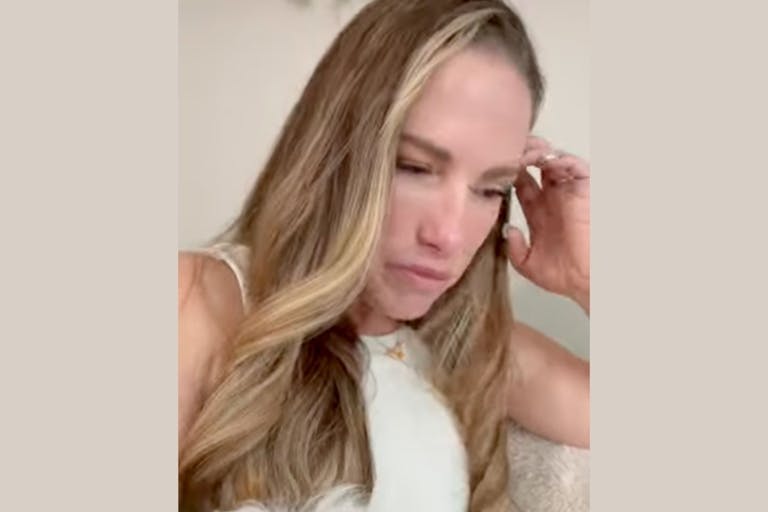
Fact Check: Woman says she was denied treatment as baby 'poisoned her from inside out'
Nancy Flanders
·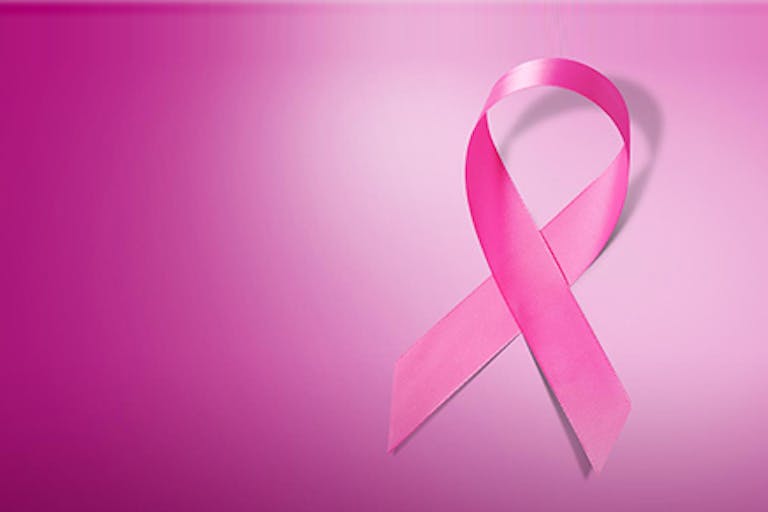
11 things you can do that may reduce your risk of developing breast cancer
About 1 in 8 American women will develop invasive breast cancer in their lifetimes. In 2018 alone, there were an estimated 266,120 new cases of invasive breast cancer, and 63,960 new cases of non-invasive breast cancer. And according to the World Cancer Research Fund International, since 2008, rates worldwide have increased by 20 percent. October is Breast Cancer Awareness Month, which means it’s the perfect opportunity to learn how you can reduce your own risk.
There are numerous ways you can reduce your risk, and most of them are straightforward, requiring a few lifestyle changes that your doctor may have already spoken to you about.
READ: Mom with cervical cancer rejects abortion, gives birth to miracle ‘one in a million’ baby
1. Limit your alcohol intake. The recommendation is that we consume only one alcoholic drink per day. The more you drink, the higher your risk of breast cancer becomes. A single drink equals 12 ounces of beer, 1.5 ounces of 80-proof liquor, or 5 ounces of wine.
2. Quit smoking. Research shows a link between smoking and breast cancer, especially in premenopausal women.
3. Exercise. Maintaining a healthy weight and exercising help reduce your risk of breast cancer. The Department of Health and Human Services recommends 150 or more minutes of moderate aerobic activity, or 75 minutes of vigorous aerobic activity a week, in addition to two sessions of strength training.
4. Avoid radiation exposure, as well as environmental pollutants. Reduce your exposure to radiation by limiting the amount of CT scans and similar testing that you undergo when possible. In addition, laboratory research has found that environmental pollutants can mimic estrogen and cause mammary gland tumors in animals. Know what’s in the products you use, including your skin care and makeup.
5. Eat healthier. Studies show that a diet full of veggies, fruit, fish, chicken, and low-fat dairy help reduce the risk of breast cancer.
6. Breastfeed. Studies have shown that breastfeeding your babies helps reduce your risk of breast cancer. If you can breastfeed, you should consider it.
7. Skip hormone therapy. Many women have turned to hormone therapy after menopause, but studies now show that this can increase your risk of breast cancer. Talk to your doctor about non-hormonal options for menopause.
8. Take your meds. For certain women who carry the breast cancer gene BRCA1 or BRCA2, there are prescription medications available that can reduce risk.
9. Check your birth control. Some studies have shown a link between hormonal birth control pills and breast cancer. An analysis of data showed that while taking hormonal birth control, women have a 24 percent increased risk of breast cancer. That risk declines after stopping the use of hormonal birth control, and by ten years, the risk disappears. Many women are considering natural options, including natural family planning, to avoid or achieve pregnancy.
10. Have babies, if you’re able. Pregnancy actually helps to reduce the risk of developing breast cancer. In addition, women who have a full-term pregnancy earlier in life have a lower risk of breast cancer than those who have their first full-term pregnancy after age 30 or 35. The more children you have in your twenties, the lower your risk.
11. Refuse abortion. Not only have many women found abortion to be emotionally difficult and physically risky, but some case-controlled studies have also found that abortion may increase the risk of developing breast cancer. One such study found an increased risk of 11 percent. Still, other studies have shown no link between the two, and researchers admit it is frequently difficult to carry out a study on this link. Major cancer organizations claim there is likely no risk; however, in the documentary “Hush,” pro-choice filmmaker Punam Kumar Gill claims to have uncovered an effort in the medical community to suppress information on a possible link, calling it “ludicrous” for anyone to deny it.
READ: Dr. Michael New: Media ignores abortion-breast cancer studies they don’t like
In addition to learning how to better treat cancer and improve survival rates, we should be talking about how to reduce the risk of developing it in the first place. Estrogen is a major player in aiding breast cancer development, so avoiding it — — in products like hormonal birth control, hormone therapy treatments, and beauty products — could be very beneficial.
Live Action News is pro-life news and commentary from a pro-life perspective.
Contact editor@liveaction.org for questions, corrections, or if you are seeking permission to reprint any Live Action News content.
Guest Articles: To submit a guest article to Live Action News, email editor@liveaction.org with an attached Word document of 800-1000 words. Please also attach any photos relevant to your submission if applicable. If your submission is accepted for publication, you will be notified within three weeks. Guest articles are not compensated (see our Open License Agreement). Thank you for your interest in Live Action News!

Nancy Flanders
·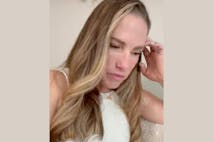
Analysis
Nancy Flanders
·
Newsbreak
Angeline Tan
·
Human Interest
Nancy Flanders
·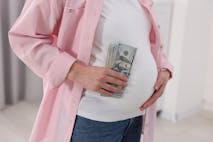
Issues
Nancy Flanders
·
Pop Culture
Cassy Cooke
·
Analysis
Nancy Flanders
·
Politics
Nancy Flanders
·
Human Interest
Nancy Flanders
·
Issues
Nancy Flanders
·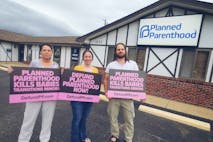
Politics
Nancy Flanders
·